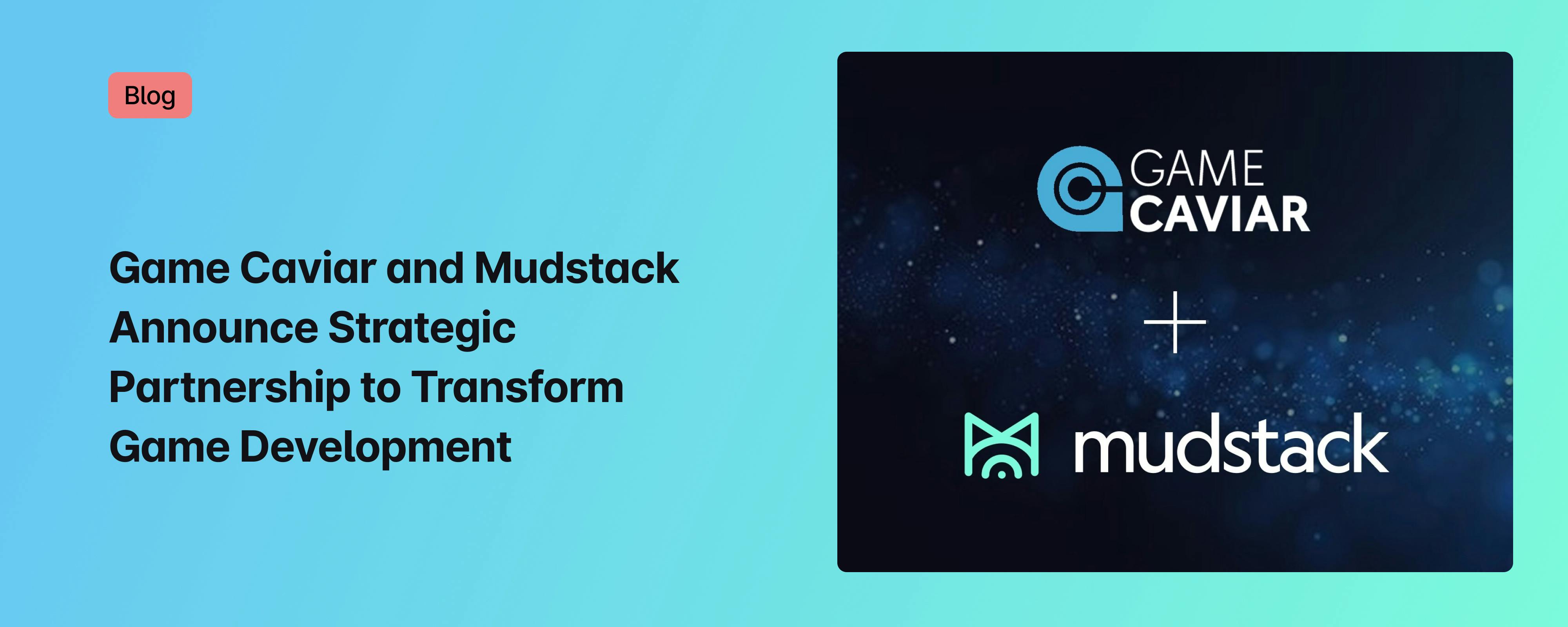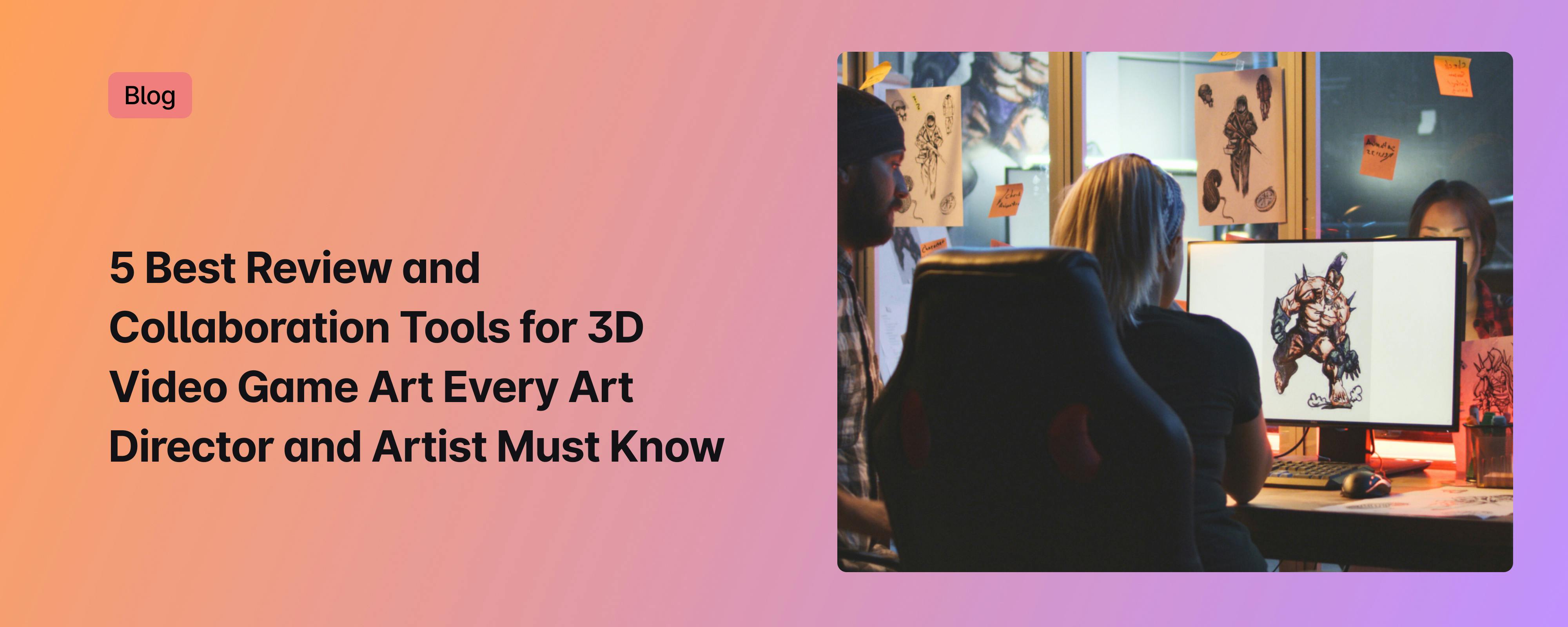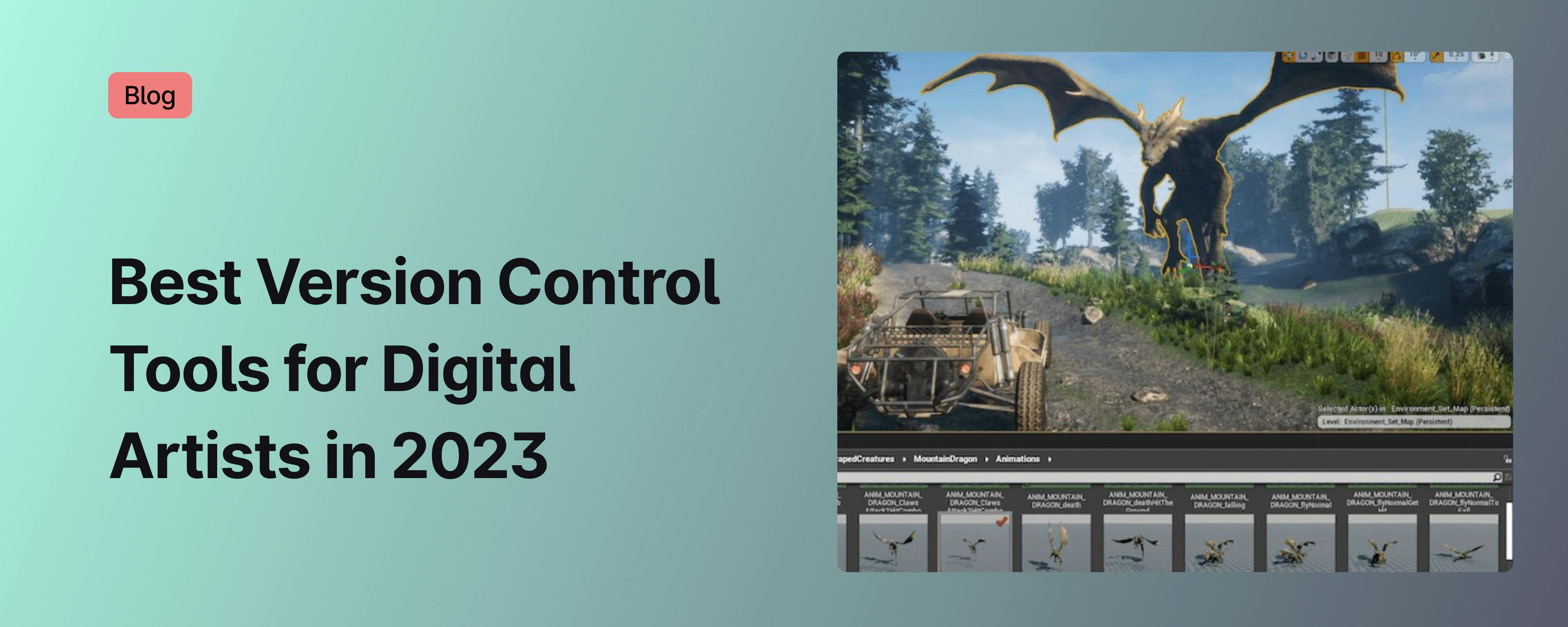Indie Game Studios: Creative Funding Strategies to Get Your Game Off the Ground
Funding the development, marketing, and distribution of your game

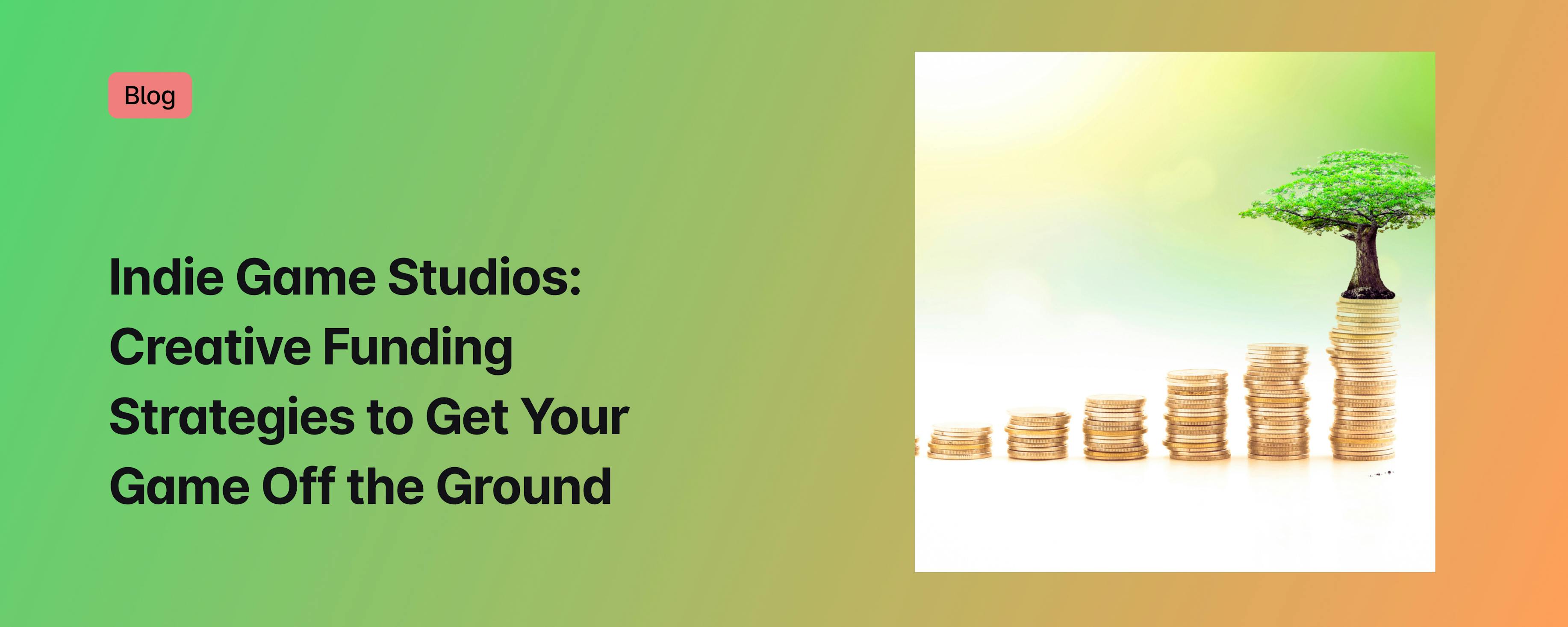
Securing funding is essential for the development, marketing, and distribution of your indie game. It is not only a key factor in bringing your game to life but also in ensuring that it reaches its full potential and success in the market. The gaming industry is booming, and with the right combination of creativity, innovation, and business acumen, your indie game could be the next big hit.
According to a recent report by Newzoo, the global games market is projected to reach $211 billion by 2025. This meteoric rise in the industry presents a plethora of opportunities for indie game developers looking to secure funding for their projects. In this article, we'll delve into the various ways indie games have successfully secured funding, how it led to their commercial and critical triumphs, and provide insight into key considerations when seeking funding for your game.
Crowdfunding
Crowdfunding can be an effective way to secure funding for your game. Kickstarter and Indiegogo have become go-to sources for indie game developers looking to raise money for their projects. These platforms offer a way for developers to connect with potential investors and gamers, and build a fanbase for their game before it's even released.
- Stardew Valley's success story is a great example of how crowdfunding can be a powerful tool for indie game developers. Before the game's release, the developer, ConcernedApe, turned to Kickstarter to fund development. The developer set a funding goal of $10,000 and managed to raise $110,929 from 8731 backers.
- The game was met with critical acclaim, praised for its open-ended gameplay, pixel art style, and engaging story. It quickly became a best-seller on Steam, and has sold over 10 million copies across all platforms.
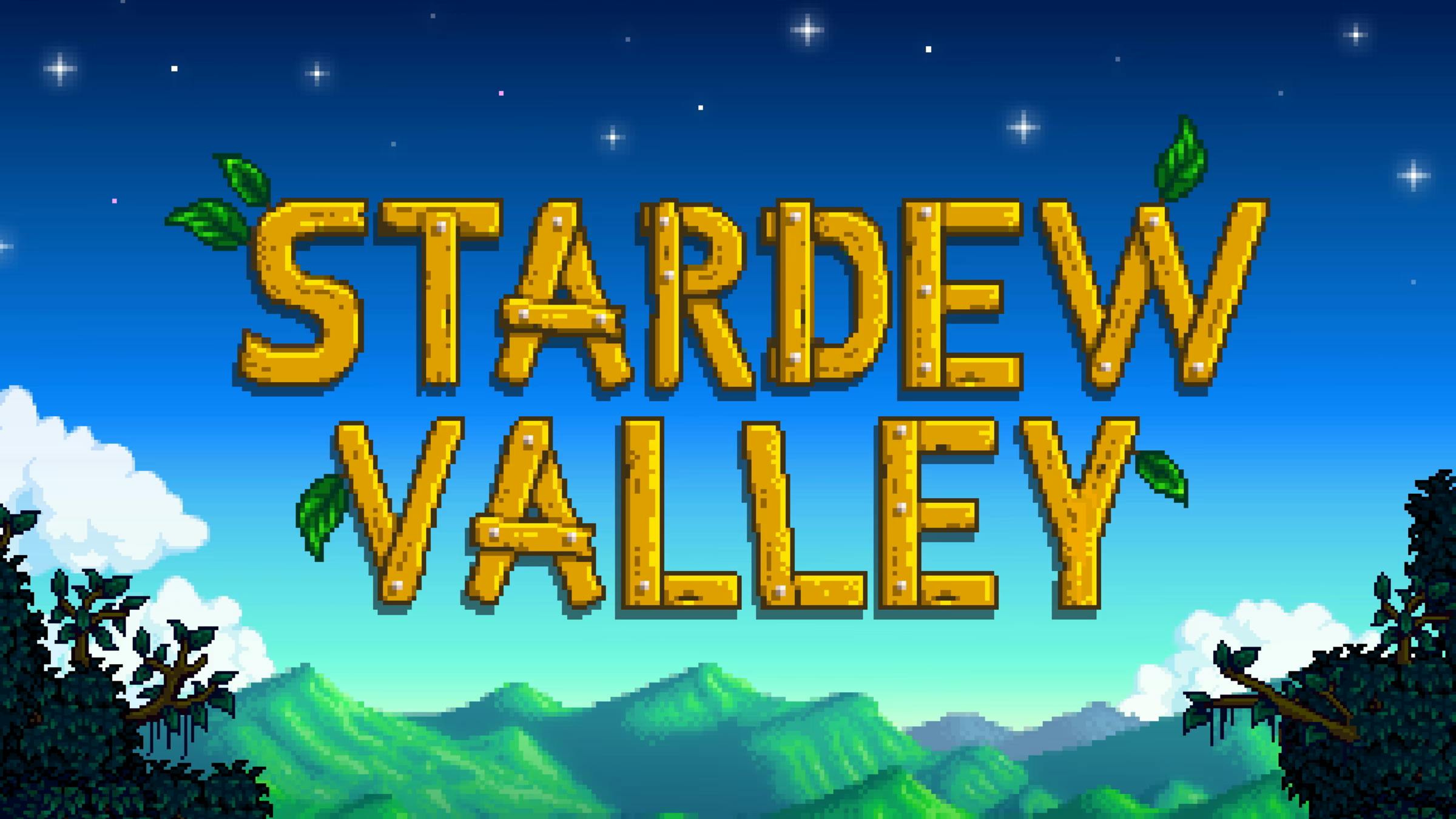
- Bloodstained: Ritual of the Night, a 2D action-adventure game developed by ArtPlay, dazzled the crowdfunding scene with its staggering success on Kickstarter. Led by creator Koji Igarashi, the campaign sought to raise $500,000 for development but ultimately soared to a whopping $5,545,991, becoming one of the most funded video game campaigns on the platform. The game, a spiritual successor to the Castlevania series, was heavily promoted by Igarashi and had many high-profile backers. The game was released in 2019 and received positive reviews from critics and players, showing the potential of crowdfunding as a means for indie game developers to secure funding, build a fanbase, and bring a game to life.
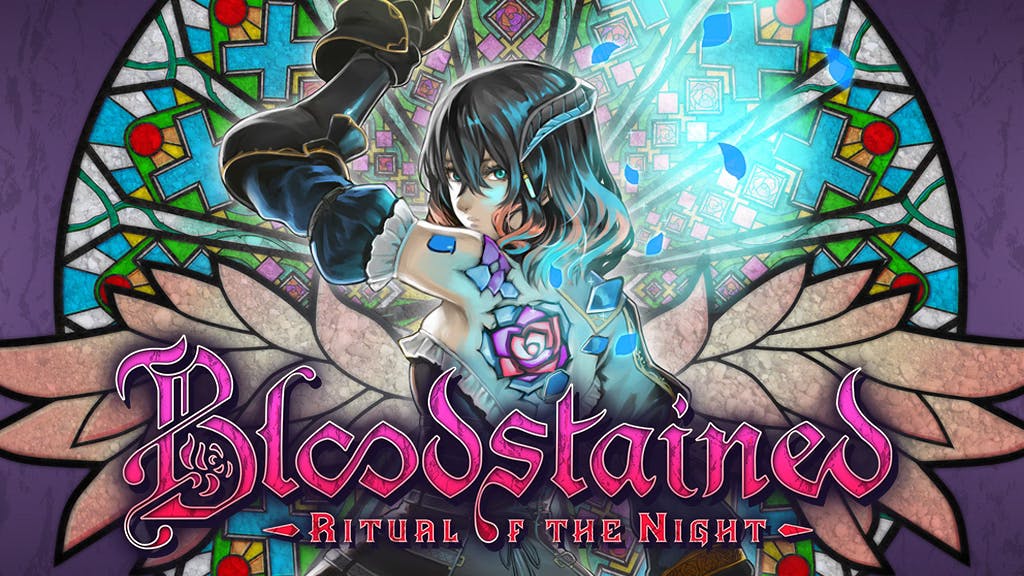
In order to be successful on crowdfunding platforms, it's important to have a clear and compelling pitch that highlights the unique features and potential of your game. This means having a well-designed and informative campaign page, an exciting video, and a detailed breakdown of your funding goals and how the money will be used.
Utilizing Unity and Unreal Marketplace
Another unconventional approach for securing funding for your indie game is by utilizing platforms like Unity and Unreal Marketplace. These platforms not only provide valuable tools for game development but also offer opportunities for developers to showcase their work and connect with potential investors or publishers. By building a strong presence on these platforms, you can increase your chances of attracting attention from potential funding sources.

The sky is the limit with the kind of work you can showcase on Unity and Unreal Marketplace.
Grants and competitions
Many organizations, such as the International Game Developers Association (IGDA) and the National Endowment for the Arts (NEA), offer funding opportunities for indie game developers. These grants and competitions not only provide financial support but also offer valuable resources and exposure for your game.
- Journey, developed by thatgamecompany, received funding from the National Endowment for the Arts (NEA) and the American Film Institute (AFI) which allowed them to bring their vision to life. Thanks to this support, Journey was able to reach new heights in game design, art direction and audio, winning multiple awards including the BAFTA Games Award and the Game Developers Choice Awards.
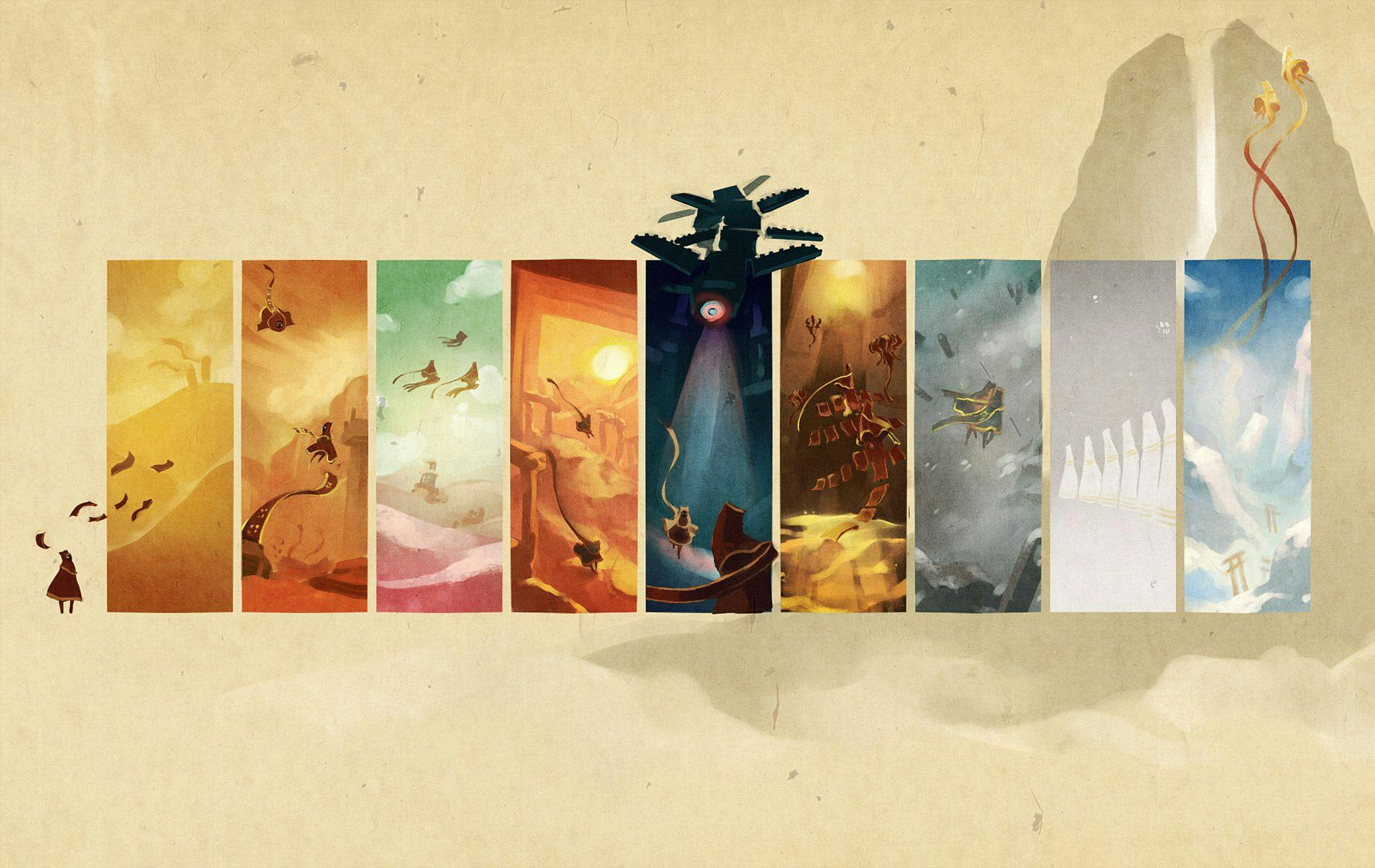
Journey, developed by thatgamecompany, demonstrates the remarkable artistry of game developers and artists.
Angel investors and venture capital
Various angel investors and venture capital firms are actively looking to invest in the gaming industry. These investors are looking for innovative and promising projects, so it's important to have a solid business plan and a strong understanding of the market.
One example of an indie game that was funded through venture capital is "Among Us". "Among Us" is a multiplayer game developed and published by the independent studio InnerSloth.
.jpeg?ixlib=gatsbyFP&auto=compress%2Cformat&fit=max&w=2560&h=1440)
Among Us is set on a spaceship, where players take on the role of crewmates and must work together to maintain the ship while trying to identify and vote off imposters among their crew.
InnerSloth initially released "Among Us" in June 2018, but it didn't gain much attention until early 2020, when it started to gain popularity, especially on social media platforms. As a result, InnerSloth received a funding round led by venture capital firm, Greylock Partners. The company invested an undisclosed amount into InnerSloth.
The funding allowed InnerSloth to improve the game, add new features, fix bugs, and hire more people to help with game development, customer service, and community management. As a result, "Among Us" became one of the most popular games of 2020, with a peak concurrent player count of over 3 million players on Steam and an estimated total of over 200 million players worldwide.
Venture capital can be a powerful tool for indie game developers to secure funding for their games, but there are several concerns that should be carefully considered.
- Loss of control: When accepting venture capital, developers may be required to give up a percentage of ownership of the company and control over the game's development and direction.
- Time constraints: Venture capitalists usually expect a return on their investment within a certain period of time, which may put pressure on the developers to release the game quickly, potentially compromising its quality.
- Expectations of scalability: Venture capitalists often invest in companies that have the potential for significant growth and scalability, which may not align with the goals of an indie game developer who may want to focus on creating a quality game rather than necessarily aiming for mass market appeal.
- Dilution of creative vision: Developers may have to compromise their creative vision to align with the expectations of the venture capitalists.
- Risk of failure: With venture capital comes the risk of the game not being successful, which may lead to the investors losing their money and the developers losing the company they built.
It's important for indie game developers to weigh the pros and cons of using venture capital before making a decision and ensure they understand the agreement's terms and conditions.
Acquiring a business development co-founder
Game development is a challenging field, requiring a delicate balance of creative expression and practical business strategy. One key aspect of this balance is the role of a business development co-founder or partner. This individual handles administrative tasks such as tax documents, funding, and fanbase building, ensuring that the game has the foundation it needs to succeed in the competitive market.
Compensation options include salary or equity, with the latter being a suitable option for those on a limited budget. However, caution should be exercised when considering equity as a form of compensation, as it's important to carefully vet and interview potential partners to ensure they align with the project's goals and can fill in any gaps.
A business development co-founder or partner is a valuable asset for indie game developers, helping to ensure the success of the game by handling the practical business aspects and aligning interests with the project's goals.
Publishers
Securing funding for your game is no small feat, but with the help of a reputable publisher, the odds can be significantly stacked in your favor. Publishers can provide the necessary resources and support to turn your indie game dream into a reality.
One of the main ways publishers can help secure funding is by injecting their own funds into the project. They can also act as a bridge between developers and investors, leveraging their industry connections and reputation to secure funding from venture capitalists and other sources.
But it's not just about the money, a publisher's involvement can signal to potential investors that your game has a strong team behind it, increasing the chances of success and making it more attractive for them to invest.
Publishers can also help with the crucial task of marketing and distribution, which can be a make or break for any indie game. By providing resources and support, they can help increase the visibility of the game, generating more interest and helping to secure funding.
But before signing on the dotted line, it's important to make sure the publisher's vision aligns with your own, and that you're not giving away more than you can afford.
A reputable publisher can significantly increase the odds of securing funding for your game by providing resources, industry connections, and marketing support, but it's crucial to ensure their vision aligns with yours and to consider the terms of the agreement carefully.
Securing funding for your game is not easy, but it is possible with the right approach and mindset. By utilizing crowdfunding platforms, grants and competitions, and private investors, indie game developers can successfully raise the funds they need to bring their projects to life. With the gaming industry projected to reach $296 billion by 2026, the opportunities for indie game developers are vast, and the potential for success is great.
Mudstack is the only asset management and collaboration platform custom-built for game studios and digital artists.
Mudstack is dedicated to improving asset management and collaboration together. You can join our Discord channel to speak directly with our product team or schedule a demo to show us your art production pipeline and see our software in action.
